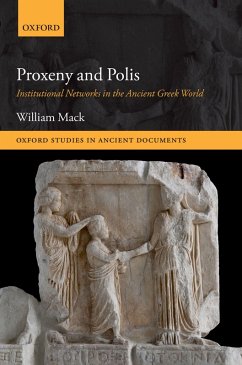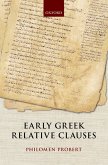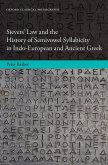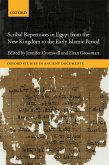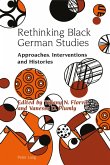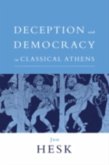Known from ancient authors such as Herodotus, Thucydides, and Plato, and more than 2,500 inscriptions, proxeny (a form of public guest-friendship) is the best attested interstate institution of the ancient world.
Proxeny and Polis offers a comprehensive re-examination of our evidence for this important Greek institution and uses it to examine the structure and dynamics of the interstate system of the Greek world, and the way in which they were transformed as a result of the establishment of the Roman Empire. Based on a detailed analysis of the function of the formulaic language of honorific decrees, this volume presents a new reconstruction of proxeny and explores the way in which interstate institutions shaped the behaviour of individuals and communities in the ancient world. It draws extensively on proxeny lists, which have not been systematically exploited before, to reconstruct the proxeny networks of Greek city-states. This material reveals the extraordinary density of formal interconnections which characterized the ancient Greek world before the age of Augustus and allows us to reconstruct the patterns of trade and political interactions which resulted in these institutional networks. The volume also traces the disappearance of both proxeny and the broader institutional system of which it was part. Drawing on nuanced analysis of quantitative trends in the epigraphic record, it argues that the Greek world underwent a profound reorientation by the time of the Roman Principate, which fundamentally altered how Greek cities viewed relations with each other.
Dieser Download kann aus rechtlichen Gründen nur mit Rechnungsadresse in A, B, BG, CY, CZ, D, DK, EW, E, FIN, F, GR, HR, H, IRL, I, LT, L, LR, M, NL, PL, P, R, S, SLO, SK ausgeliefert werden.

